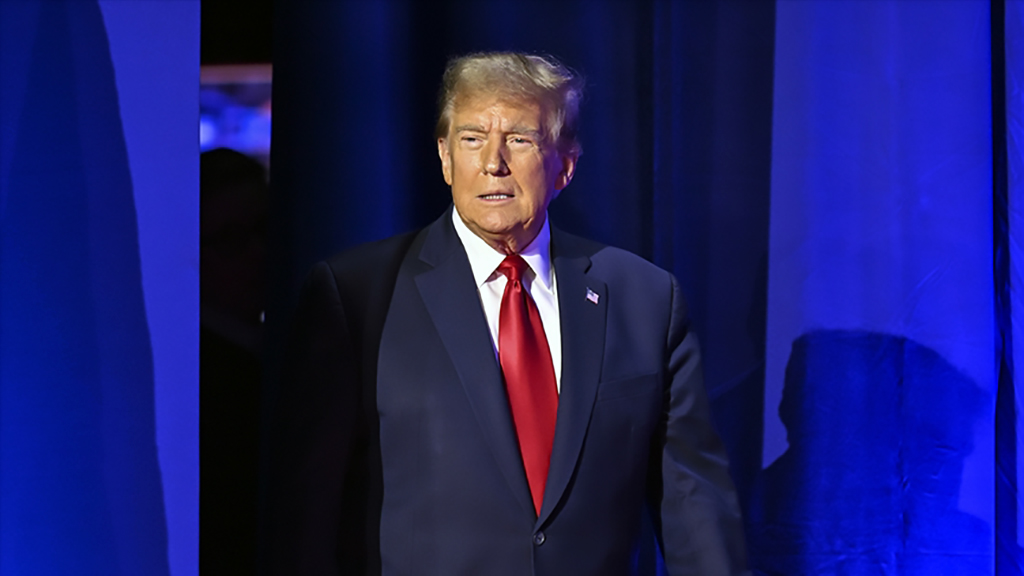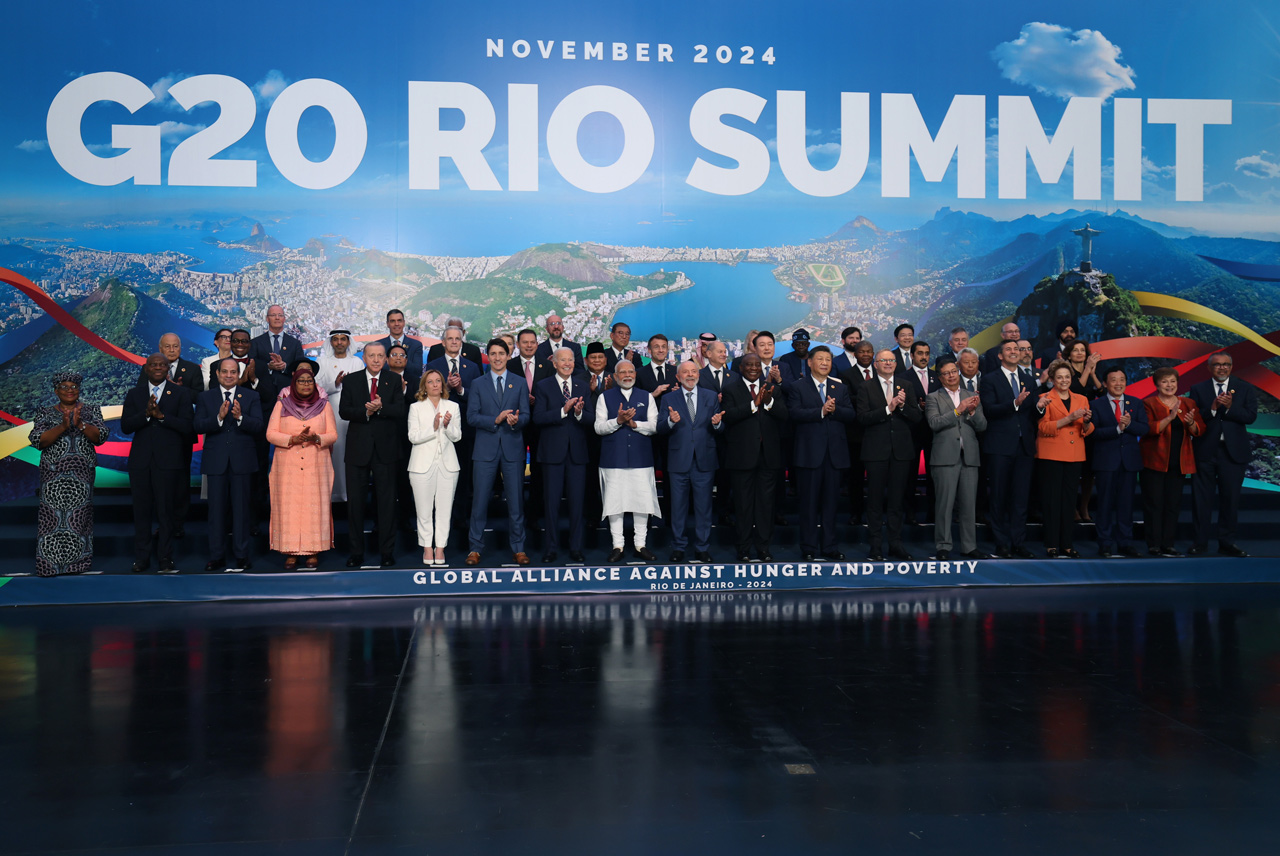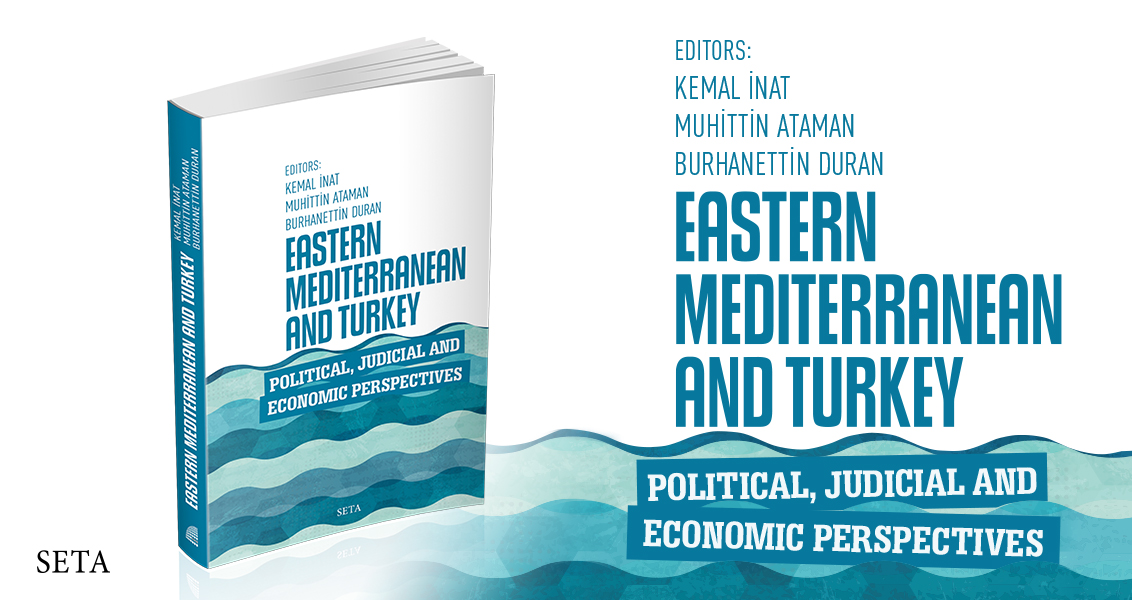It is crystal clear that we are living in an age of great uncertainty in the context of which the political and economic fundamentals of the current global order are truly tested by a plethora of structural challenges. Leading political economists from the University of Sheffield, Anthony Payne and Colin Hay, used the phrase in a challenging study to refer to the ongoing battle to determine the future of global neoliberalism, or the laissez-faire market society as we know it. Meanwhile, there is a lively intellectual debate trying to contemplate the potential configuration of the so-called new normal following the global financial crisis whose aftershocks continue to rattle various regional systems. At this critical conjuncture, I headed to Thessaloniki this week to rejuvenate my humble intellectual instincts and receive fresh inputs on a range of global issues from some of the leading political economists across Europe, temporarily leaving behind the hefty political and humanitarian agenda here in Turkey. The occasion was marked by a conference on the "Political Economy of Crisis in South Europe" jointly organized by Sheffield University, City College in Thessaloniki and Istanbul Şehir University. At the same time, a long-term research project comparing and contrasting the peculiar transformation trajectories of Turkey, Spain and Greece before and after the global crisis, within and outside of the European Union, was introduced to academia and the public. For myself, it has been a real privilege and pleasure to lead the Turkish team in the project, alongside Dimitris Tsarouhas from Bilkent University and Owen Parker from Sheffield University leading the Greek and Spanish teams, respectively, under the kind and able guidance of Professor Payne.
Both our brainstorming sessions and public presentations at the conference were truly insightful and inspiring as they sharply conveyed how global developments in mainstream political and economic systems were reflected in the evolution of crises within national political economies and social reactions that these crises trigger. Payne, for instance, eloquently outlined in his keynote speech the three deep-rooted, structural challenges that contemporary neoliberalism has faced in recent years. The first major challenge stems from systemic excesses in neoliberal financial markets that forego effective national or international regulation and instigate a series of local crises around the world along with a substantial weakening of global growth dynamics, which have led people like former U.S. Secretary of the Treasury Larry Summers to describe it as "secular stagnation." The second main structural challenge is effectively managing the speed and institutional basis of the power shift from the West to the rest, keeping in mind that the majority of emerging powers have adapted state-led models of economic development and demand better representation in global governance platforms. The third structural challenge is the acceleration of climate change and planetary issues that require an urgent rethinking of the relationship between economic development, capitalism and the environment. Undoubtedly, all these challenges interact and overlap in sophisticated manners and determine the future shape of seemingly bilateral relations such as the so-called G2 negotiations between the U.S. and China on instigating global growth, addressing strategic exchange rate policy, International Monetary Fund (IMF) reform and green growth approaches.
Again, as Payne has emphasized, the history of neoliberal transformations shows us that neoliberalism as a form of market ideology is pretty pragmatic and flexible so that it could accommodate occasional increases in public regulation to restore stability and increase resilience to systemic crises. Therefore, the post-crisis regulatory efforts of the G20 must be conceived as part of an emergency reform package adapted under extraordinary conditions rather than a categorical return to Keynesian economics with more emphasis on public oversight, re








